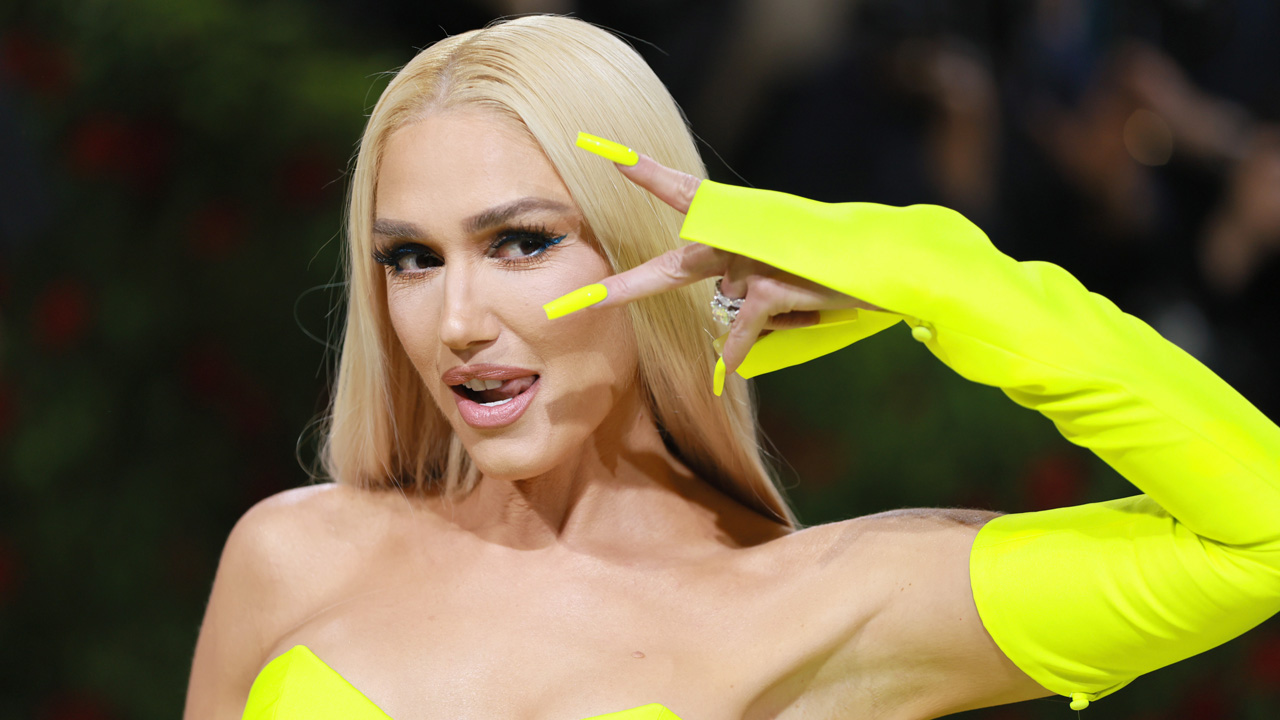
a recent interview with a Filipina-American journalist at Allure
actually
as recently as last year
Sean Paul
, which was awash with imagery and caricatures of Japanese Harajuku culture. It was definitely an era for an objectively white artist that simply wouldn’t fly in 2023. Not without a massive amount of understandable backlash for cultural appropriation.
But when she was asked if she’s learned anything from that particularly problematic era in , Stefani responded with the story of how her dad travelled regularly between Japan and the US for work, which was her first exposure to the country and its deep culture.
It’s not the first time she’s shared that particular tale about her dad, but what she said next is truly baffling.
She said she came to the realisation that she, too, is Japanese when she finally visited Japan and the Harajuku region herself.
“I said, ‘My God, I’m Japanese and I didn’t know it.’,” she said.
“I am, you know.”
Suppose that’s a resounding “no” on the whole learning thing, then.
That wasn’t the last time she mentioned she thinks she’s Japanese in the interview, either.
She stressed that she thinks she’s “a little bit of an Orange County girl, a little bit of a Japanese girl, a little bit of an English girl” to try and explain (or defend) herself further, noting that she saw the music, makeup and clothes of the girls she grew up with as her “identity” too.
“Even though I’m an Italian-American — Irish or whatever mutt that I am — that’s who I became because those were my people, right?”
No, that’s absolutely not how it works.
Cultural appropriation surely isn’t a foreign concept to Stefani, who has repeatedly faced backlash for wearing elements of other cultures over the years.
Hell, she came under fire when she appeared with dreadlocked braids and an outfit in Jamaican flag colours in the video clip for ‘s “Light My Fire”.
In 2007 she even went so far as to try and trademark the word “Harajuku” in the United States, with her lawyers arguing that the “typical” consumer in the US would associate the term with her products before the Japanese district.
Who knows whether this latest mind-boggling moment from the woman will actually challenge her thinking, but you’d surely like to hope so.
who has been dubbed “Mother Appropriation”A trademark examiner said “Harajuku” was a place. Her response was: “Applicant (Gwen) also argues that, despite the geographic connotation of HARAJUKU, its primary significance to American consumers is in association with Gwen Stefani’s music and fashion.” https://t.co/ACw4oCZMjb
— Tokyo Fashion (@TokyoFashion) January 10, 2023
The post ‘I Am, You Know’: Gwen Stefani Is Still On Her ‘I’m Japanese’ BS Despite Zero Asian Heritage appeared first on PEDESTRIAN.TV .







